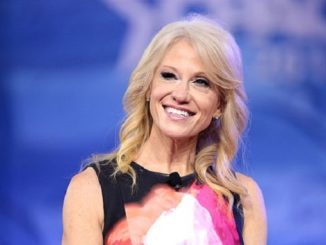
Washington will have to consider big concessions before a nuclear deal between the U.S. and North Korea can be reached, one professor told CNBC.
This follows recent working-level talks between the U.S. and North Korea, which ended in a stalemate. North Korea’s chief nuclear negotiator claimed the U.S. disappointed Pyongyang by “bringing nothing to the negotiation table.” The U.S. State Department disagreed with Pyongyang’s characterization, saying that the American delegation had “brought creative ideas and had good discussions.”
Robert Kelly, associate professor of political science at South Korea’s Pusan National University, explained CNBC that the White House may need to be more open to compromise if it wants a real breakthrough.
“Trump has sort of framed victory with North Korea as North Korea giving up stuff, and (the U.S.) not giving up very much in response,” Kelly said. “I think the Americans need to offer some pretty major counter-concessions for the North Koreans if we’re going to ask them for any serious quantity of their nuclear weapons or their missiles.”
But offering sanctions relief alone may not be good enough, Kelly said. Rather, Washington needs to offer something “juicy,” like bringing the long-isolated North Korea into U.S.-dominated institutions like the International Monetary Fund and World Bank, or even a peace treaty to formally end the Korean War, he said.
Washington and Pyongyang have made little progress in their discussions about dismantling North Korea’s nuclear and missile program. The two sides abruptly ended a February summit in Vietnam as President Donald Trump and North Korean Kim Jong-un left without a deal.
Nuclear weapons are valuable to the small, isolated nation of North Korea, which counts China as its sole major ally, Kelly noted. These weapons are an important part of the Pyongyang’s defense strategy, and it’ll take a big offer from the U.S. before it would give them up.




Be the first to comment